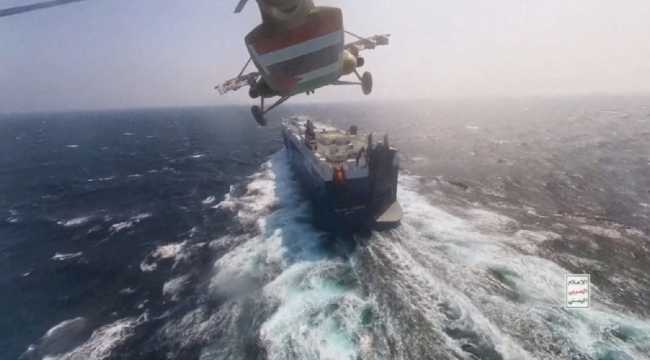How does Houthi attacks on ships in Red Sea affect global economy?

The Houthis hitting ships in the Red Sea and the potential for the crisis to prolong are beginning to have limited but tangible consequences on the global economy. The likelihood of the crisis dragging on poses risks of adversely affecting all economic indicators, including global inflation and triggering price hikes.
Attacks on commercial and military ships by the Houthis in the Red Sea are already putting pressure on the global economy. The probability of the crisis prolonging brings about risks such as negatively impacting all economic indicators, including global inflation, and triggering price increases.
The shipping industry, being the most affected sector by the attacks, is already under strain. Attacks on cargo ships passing through the Bab el-Mandeb Strait, which connects the Red Sea to the Gulf of Aden between Africa and the Arabian Peninsula, have increased in recent weeks. The Houthis have even targeted a U.S.-owned commercial ship.
The Bab el-Mandeb Strait is used by approximately 12% of world maritime trade. However, since mid-November, this figure has plummeted by 70%. Many shipowners, seeking to avoid attacks, have started opting for the longer and more costly alternative route around the Cape of Good Hope in South Africa.
Implications of the maritime crisis are already being felt in Europe and globally due to extended timelines and increased costs. Several companies, including Swedish furniture giant Ikea and automotive giants Tesla and Volvo, have announced delays and halted production at their centers in Europe.
Tesla declared a two-week halt in production at its European factory between January 29 and February 11, while Volvo’s Belgium plant announced a three-day closure in mid-January. Qatar’s Prime Minister, stated at the World Economic Forum on Tuesday that the tension in the Red Sea would “affect” the transportation of Liquefied Natural Gas (LNG).
Will prices rise? Shipping companies have already reflected significant increases in costs related to the crisis onto their invoices
Logistics company Container xChange predicts that the crisis in the Red Sea could increase the cost of maritime transportation by 60% and foresee approximately a 20% additional premium increase in insurance fees. xChange also estimates a 20% increase in fuel expenses. The resulting consequence of these increases is an inflation spiral.
International consultancy firm Oxford Economics predicts that with the assumption that the Red Sea will be closed to ships for a few months and shipping costs will remain approximately double the December price, global inflation is expected to rise by 0.7 points by the end of 2024.





